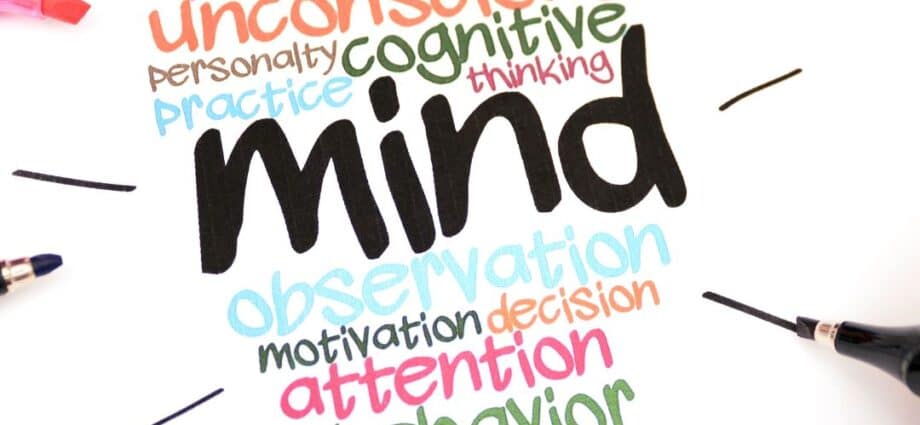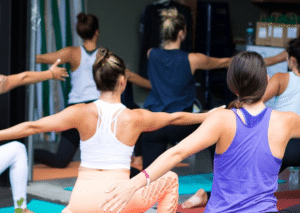Yoga Compliments Addiction Recovery Goals: Using Mindfulness as a Key Tool. Addiction recovery is a complex process that requires a holistic approach. It involves more than just abstaining from drugs or alcohol. It also involves actively changing old patterns and developing new, healthy habits. One way to achieve this is through mindfulness, which is why yoga is becoming a popular addition to addiction recovery programs.
Early Recovery
In the early stages of recovery, it’s common for people to focus on physical fitness as a way to improve their overall health and manage stress. Running, weightlifting, and swimming are great for releasing endorphins and reducing stress. However, it’s essential to understand that sobriety and recovery are two distinct concepts. While sober individuals are free from substances, those in recovery actively work on their inner selves. One of the biggest addiction challenges is impulsivity, which can often translate into other behaviors in sobriety. Impulsivity can lead to stress, injury, and even relapse if not addressed mindfully. This is where yoga comes in.
Mindfulness Is Key
Unlike many other forms of exercise, yoga cultivates mindfulness, self-awareness, and self-discovery. It is a system of tools and techniques that can help people find the middle way and live a more balanced life. Here are just a few of the ways that yoga can help individuals in recovery:
Gratitude and Self-reflection
Yoga encourages individuals to sit with themselves and reflect on their journey. Practicing gratitude and focusing on the present moment can help individuals stay centered and focused on their goals.
Balance and Harmony
Recovery is all about letting go of extremes and finding a healthy balance in life. Yoga emphasizes physical and metaphorical balance, encouraging individuals to find equilibrium in their thoughts and actions.
Tangible Tools and Techniques
Yoga provides various tools and techniques that individuals can use to cope with stress and manage their emotions. Breathing techniques, meditation, and mindfulness practices can help reduce anxiety and promote relaxation.
Mind-Body Connection
Yoga is all about the mind-body connection. It emphasizes the importance of paying attention to how our bodies feel and the sensations we experience. This can be especially helpful for individuals in recovery who may have spent years ignoring their physical and emotional needs.
Self-Awareness and Acceptance
Finally, yoga encourages self-awareness and self-acceptance. It enables individuals to listen to their bodies and honor their own unique needs and experiences. Using yoga as a recovery tool can be incredibly empowering and help individuals build strong self-esteem and self-worth.
Yoga compliments recovery goals and is a powerful addition to any addiction recovery program. Its emphasis on mindfulness, self-reflection, and self-awareness can help individuals cultivate a deeper understanding of themselves and develop healthy habits that support their overall well-being. So whether you prefer running, swimming, or weightlifting, consider adding yoga to your fitness routine to experience its benefits firsthand.


